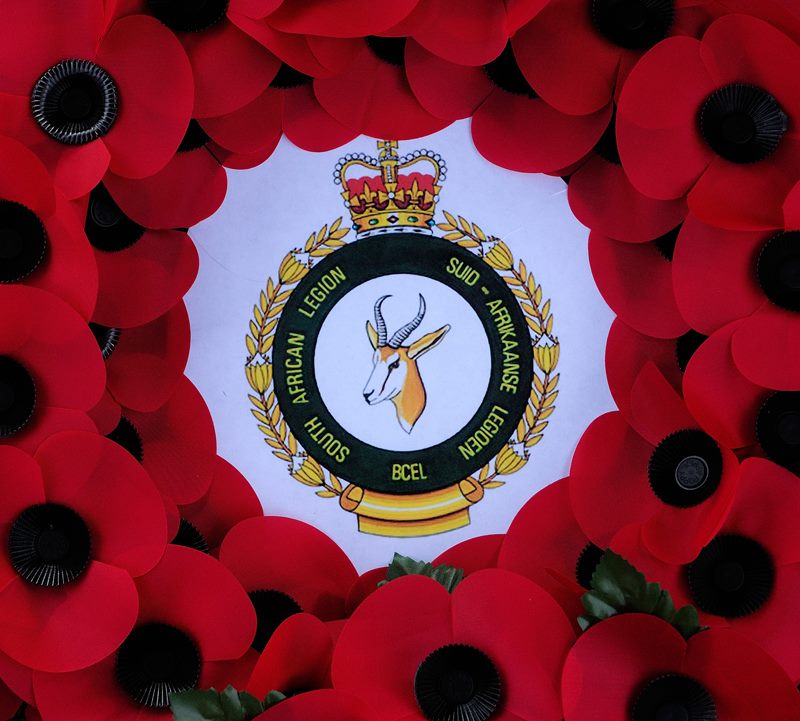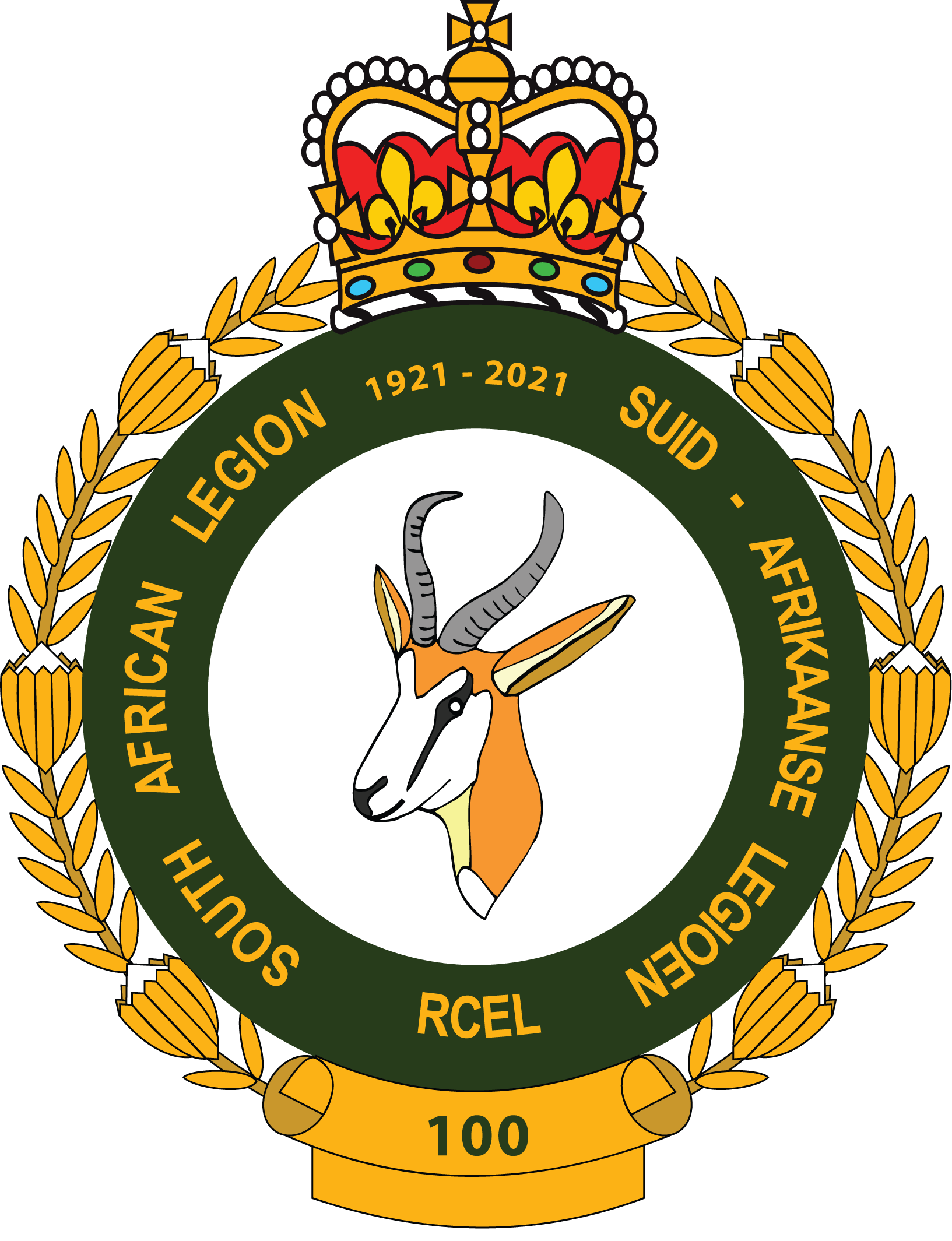
When Caroline Greene unearthed her grandfather’s wartime correspondence, she was stunned to learn the truth about his death.

Memory chest: Caroline’s grandfather, Gordan Eltham
By Caroline Greene
09 Nov 2012
For thousands of families, the poignancy of Remembrance Sunday has its source in a private grief that reaches down through generations. For my family this has certainly been true, but it was a long time before I began to understand it.
The first stories ever told to me were about my grandfather Gordon and the First World War. As I sat beside my grandmother in her little flat, she would tell me how, early in 1917, Gordon had led a small company of men through the wire and up to the opposite lines. On the edge of a German trench something had exploded under him, and he was knocked face down into the mud. Later, after the raid, a search party had gone out at night, but in the wreckage and darkness the men hadn’t been able to find any trace of him. My grandfather was reported missing, presumed dead. He was 23 years old.
Back home in London a memorial service was held for him. The family, along with so many others, went into mourning. For my grandmother, his fiancée, their future had disappeared. And then, months later, a small postcard arrived. Gordon had been found alive – badly injured, but alive – a prisoner of war in Germany. My grandmother was convinced his return was a true miracle, but somehow, the initial weight of the sense of a futile death still hung over her account of it. Then, if I asked how my grandfather – whom I had never known – “really died”, she would remain silent. “He was ill,” was all she once said.
It wasn’t until 35 years after hearing these early stories, following my mother’s death, that I was given a greater insight into what had happened and into what came afterwards. Clearing out our mother’s house, my sister and I came across a box we’d never seen before. Inside, under a pile of our grandparents’ cautious love letters, were envelopes containing documents that revealed much more of the story.
Here were the “regret to inform you” telegrams announcing that Gordon Eltham had been reported missing, then “missing believed killed”. There were letters from the battalion to Gordon’s parents and to our grandmother, trying to describe and make sense of what had happened – fellow soldiers who had followed Gordon over the top and seen him blown off his feet. They expressed their sorrow at losing a friend and comrade. Most of the letters, it seemed, had come from the trenches. They revealed a quiet, contained grief, expressed through a medium of kindness that was heartbreakingly at odds with the circumstances in which they must have been written.
One letter, to Gordon himself from a friend in another battalion, upbraided him for his lack of correspondence. Attached to it was another letter – an apology to Gordon’s parents from the same writer, realising that he must have written the first after Gordon had died. As we read through them, my sister and I had the strangest sensation of eavesdropping on a past to which our future existence had no relevance.
There was more – a telegram from Buckingham Palace honouring Gordon for having died “in the service of his country”, a list of his effects that were being shipped back to his family – and another letter from the War Office in which both Gordon and his brother Charles were confirmed dead. Then, slipping out of this pile of letters, was a small white postcard. On it, a pre-printed sentence began “I am”. In the space which followed, along dotted lines, my grandfather had written in pencil, “getting on well”. It was the news from the prisoner of war camp in Krefeld that, for the family, had brought him back to life.
The next letter, this time from the Military Secretary, offered “his warmest congratulations”, as if Gordon’s family had somehow won a prize draw. Surprisingly, there were also a series of letters from Gordon’s bank, diligently reporting to his father that various cheques signed by their “missing” son had begun to turn up at the Berlin office, suggesting that he must still be alive.
And so it was with a vicarious sense of relief that I lifted out the final letter in the collection – a welcome back to the “old country” from the king – and then, underneath this, a yellowed newspaper, folded in half. My first thought was that this was just a lining for the base and that it would give us the date for when the box was put together. So I peered at the top of the paper and read out, “County Times and Gazette, June 26th 1954.” The headlines below revealed generally uneventful local news – except for one item: “Platform Tragedy: Man Ran and Then Jumped”. I glanced at the opening paragraph. “A locomotive fireman reported that a man ran across a platform… and jumped in front of an express train.” The inquest jury concluded that the man had taken his life “while of unsound mind”. “The man” was given a name. It was Gordon Eltham. I felt genuine shock, followed by a rush of grief. My sister took the paper from me and saw what I had read. Looking at me again she said simply, “But I thought you knew.”
Maybe I had been told, like my sister, and then buried it away. All I know is that my grandfather’s suicide had never ever been discussed in any open way and that in this newspaper item lay a clue to explaining all sorts of family behaviour that stretched down through three generations.
The inquest heard that my grandfather had had “nervous trouble” since returning from the First World War, that he was assumed to have recovered from a breakdown, earlier, in 1953, and that it was my mother who had seen him off to the station, with the impression that he was “more cheerful than usual”.
After this discovery, looking back at the box of documents, one item seemed particularly telling. In among the letters was a page torn from a notebook. On it, in pencil, with writing that looks increasingly shaky as it goes on, is my grandfather’s own account of what happened to him in no-man’s land. He had been blown up, shot, and caught in wire, before being dragged into the German trench where he had fallen. His account ends in crossings out and unfinished sentences. It looks to me like the very manifestation of trauma.
From the perspective of nearly a century, it seems clear that this was a trauma that remained unaddressed, and which must have passed itself on, in another form, to my mother and her brother and sister when they learnt how their father had died. It helps to explain the unspoken emphasis on loss which accompanied events in our family as I grew up.
I realise now that family secrets may not come about through deliberate suppression, but simply because there is no framework in which the problems can be discussed. And our family was not alone. The First World War was a national trauma, and we are still exploring its legacy today. We need to remember, for our own sakes.
